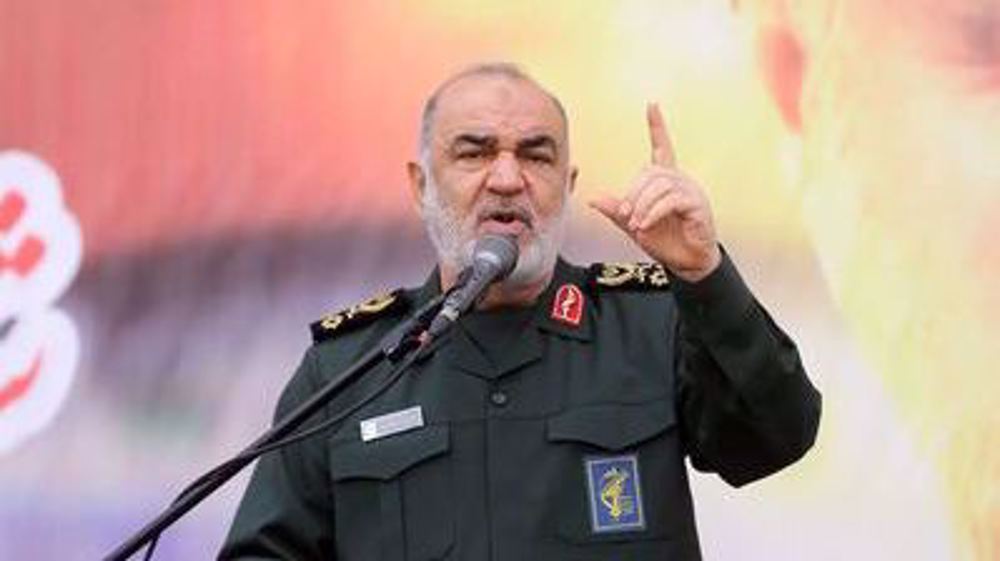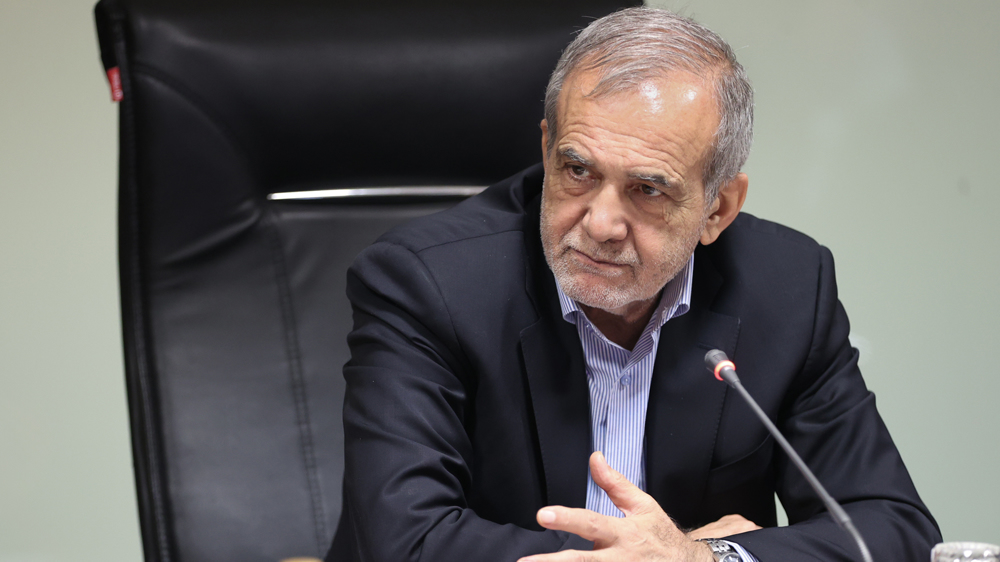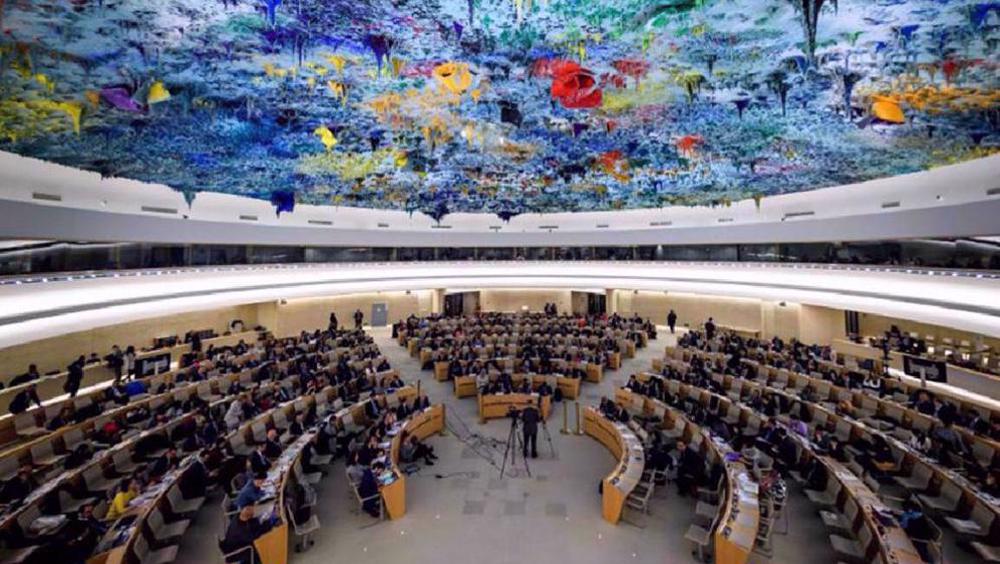Iran to severely confront bids hampering missile work: Senior official
A senior official says Iran will “severely confront” any measure taken to hamper the country's missile activities.
“We will severely confront any move — be it political, legal, or technical — that hinders our missile program,” Abbas Araqchi, a deputy foreign minister, said on national television on Monday night.
His remarks came in reaction to a report by UN chief Ban Ki-Moon last week, claiming that Iran's missile tests were not in the spirit of the country’s landmark nuclear deal with world powers.
In his first six-monthly report to the Security Council on implementation of a UN resolution endorsing the landmark deal, Ban called on Iran to stop conducting ballistic missile launches.
Araqchi said Ban's report about Resolution 2231 elicited a harsh response from Iranian Foreign Minister Mohammad Javad Zarif.
“Mr. Zarif had a very harsh telephone conversation with Mr. Ban Ki-moon” right after, Araqchi said, adding that Iran however did not take an official stance because the draft was not official.
He said Iran hopes Ban will revise the report for publication, “otherwise, it will entail a harsh treatment from the Iranian Foreign Ministry.”
Araqchi said the claims in the draft report are “certainly made under pressure from the US and Europe.”
Earlier, the Western military alliance of NATO also expressed concern about Iranian missile tests, linking them to Resolution 2231.
Reacting on Monday, Iranian Foreign Ministry spokesman Bahram Qassemi rejected the NATO claim, reiterating once again that Iran’s missile program is not in breach of the resolution.
Iran has time and again emphasized that its military activities, including its missile work, are based on the doctrine of deterrence and are hence defensive in nature.
In his live interview with the IRIB on Monday, Araqchi said that through the nuclear agreement, Iran managed to set the two issues of the missile program and that of the nuclear program apart.
He said a previous United Nations Security Council resolution — Resolution 1929 — had prohibited Iran from engaging in ballistic missile activities, a prohibition that he said was “dangerous.”
“One of our achievements in the JCPOA was that, by whatever means at hand, we managed to end the state of the missile and nuclear [activities] being intertwined,” Araqchi said.
“This was a huge feat and took a lot of effort,” he said.
Araqchi pointed out that, following Iran’s first test-firing of a missile after the deal, US officials acknowledged that the JCPOA had not been breached, testimony to the fact that missile activities were no more associated with the nuclear program by the Americans.
However, he said, the US continued to be “worried about our capabilities.”
“Our missile tests were taken to the Security Council; yet, the US failed to get even a press release,” the Iranian deputy foreign minister said. “We have pushed them way back.”
Araqchi cautioned, however, that Iran should always be prepared for hostile action on the missile issue.
“We should always expect them to try and come forward regarding the missile issue at whatever opportunity [they can find], and we should push them back,” he said.
Elsewhere in his remarks, Araqchi said Iran will continue to support the Lebanese resistance movement of Hezbollah.
“Supporting the resistance axis is always stressed by the Leader [of the Islamic Revolution Ayatollah Seyyed Ali Khamenei], the administration, and the entire establishment, and this is an unchangeable policy from which we will not derogate,” he said.

IRGC chief: Iran knows war formulas needed to defeat enemy

US threats contradict its calls for diplomacy, Iran open to talks on ‘equal footing’: President

Iran slams West for exploiting UN Rights Council for political pressure
VIDEO | Israel plans to erase Palestinian refugee camps, right to return
VIDEO | Palestinians in West Bank rally in solidarity with Gaza
Iran jet fuel use up by over 6% in year to March
VIDEO | Iraq to Yemen, Bush to Trump; ageless legacy of American death and destruction
VIDEO | Press TV's news headlines
Israel claims it destroyed former military site in southern Syria
Israel trying to destabilize Lebanon, Syria through military provocations: Arab League chief
IRGC chief: Iran knows war formulas needed to defeat enemy










 This makes it easy to access the Press TV website
This makes it easy to access the Press TV website